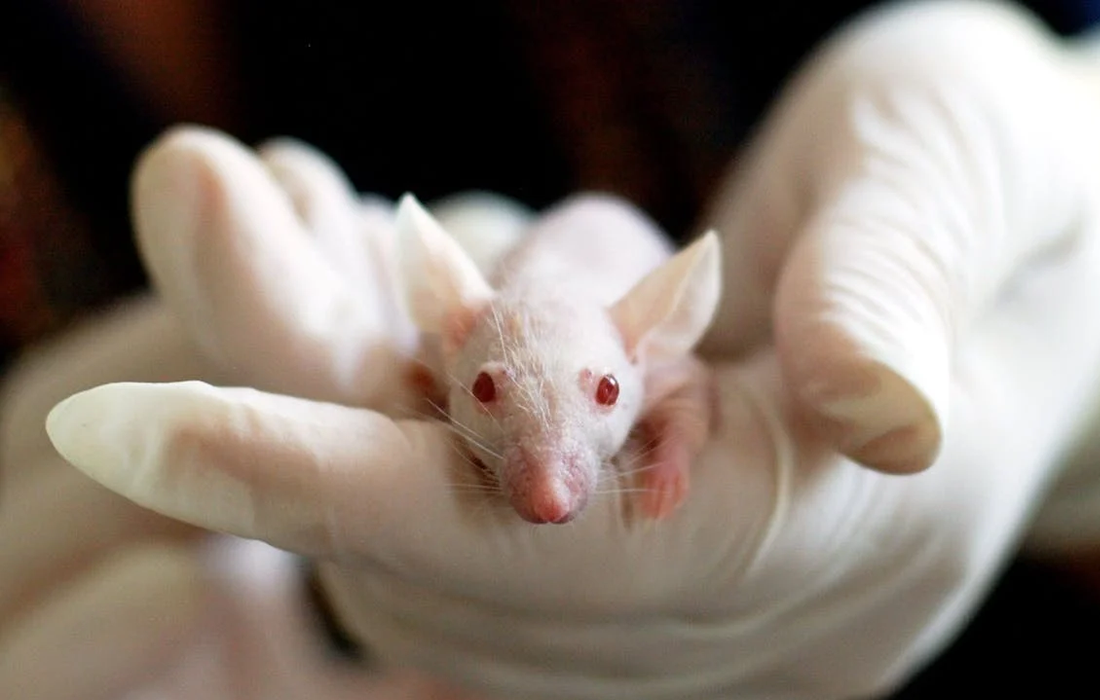Regenerative Medicine News and General Information
Evidence That Parkinson’s Starts in the Gut
The gut-first theory of Parkinson’s, originally proposed 20 years ago, started to intrigue Sulzer after his own research pointed toward the role of an autoimmune response in Parkinson’s.
In Parkinson’s, a protein called alpha-synuclein becomes misfolded, accumulates inside neurons, and slowly poisons the cells.
Sulzer’s lab in collaboration with immunologists at the La Jolla Institute of Immunology has shown that small portions of the misfolded alpha-synuclein also can appear on the outside of neurons, which makes the neurons vulnerable to attack from the immune system. The immune attack could be doing more acute damage to the neurons than the internal deposits of alpha synuclein.
The gut was an intriguing possibility because it contains the same neurons and because most Parkinson’s patients experience constipation years before brain symptoms emerge and the disease is diagnosed. To pursue this hypothesis, Sulzer teamed up with Agalliu, a neuroimmunologist with expertise in mouse models of another neurological disorder (multiple sclerosis) that has autoimmune features.
To find out if an immune reaction to alpha-synuclein can kick-start the disease and where, Francesca Garretti and Connor Monahan, grad students directed by Agalliu and Sulzer, first created a mouse capable of displaying pieces of misfolded alpha-synuclein on cell surfaces (natural mice do not have this ability). They then injected the mice with alpha-synuclein and monitored what happened in the brain and the gut.
The researchers did not see any signs resembling Parkinson’s disease in the brain, but they did see that an immune attack on neurons in the gut produced constipation and other gastrointestinal effects resembling those seen in most Parkinson’s patients years before they are diagnosed with the disease.
The findings also raise the possibility that early detection — and then interruption — of an immune response in the gut could prevent a later attack on the brain’s neurons and stop Parkinson’s in its tracks.
Right now, though, it’s not clear how big a role the immune system plays in the Parkinson’s brain. The answer to that question may become clearer if the researchers find out why the brains of their mice did not develop any signs of Parkinson’s.
The team hypothesizes that the immune cells in their mouse model may not be reaching the brain because the animals are young and age has not yet weakened the blood-brain barrier sufficiently to let immune cells squeeze through. Opening the barrier or accelerating the aging process may lead to mice that develop gastrointestinal and brain symptoms.
Sources:
Francesca Garretti, Connor Monahan, Nicholas Sloan, Jamie Bergen, Sanjid Shahriar, Seon Woo Kim, Alessandro Sette, Tyler Cutforth, Ellen Kanter, Dritan Agalliu, David Sulzer. Interaction of an α-synuclein epitope with HLA-DRB1∗15:01 triggers enteric features in mice reminiscent of prodromal Parkinson’s disease. Neuron, 2023; DOI: 10.1016/j.neuron.2023.07.015
Columbia University Irving Medical Center. (2023, August 22). Study adds to evidence that Parkinson’s starts in the gut. ScienceDaily. Retrieved August 22, 2023 from www.sciencedaily.com/releases/2023/08/230822151748.htm
Photo by Pixabay from Pexels: https://www.pexels.com/photo/white-baby-mouse-159483/

